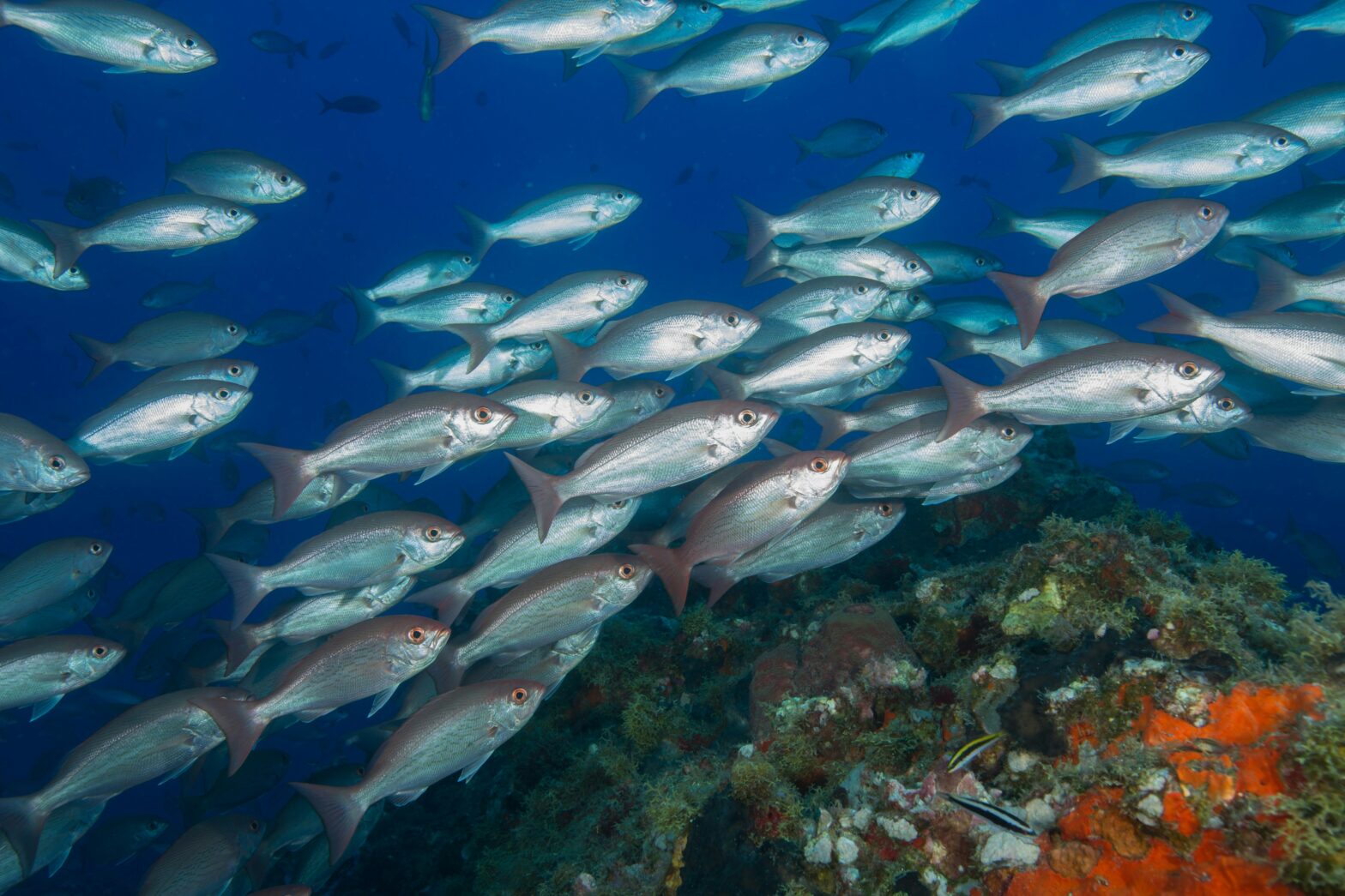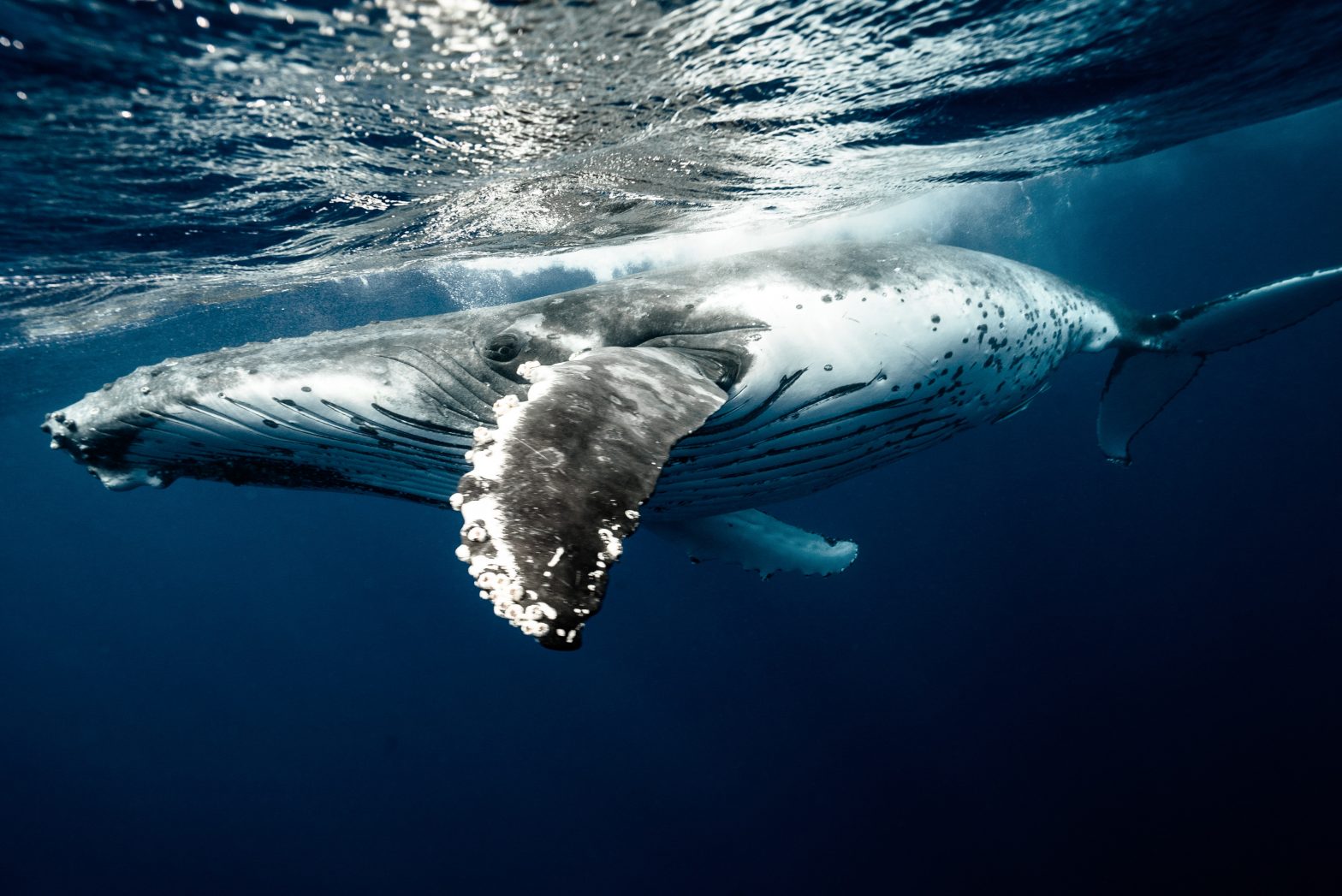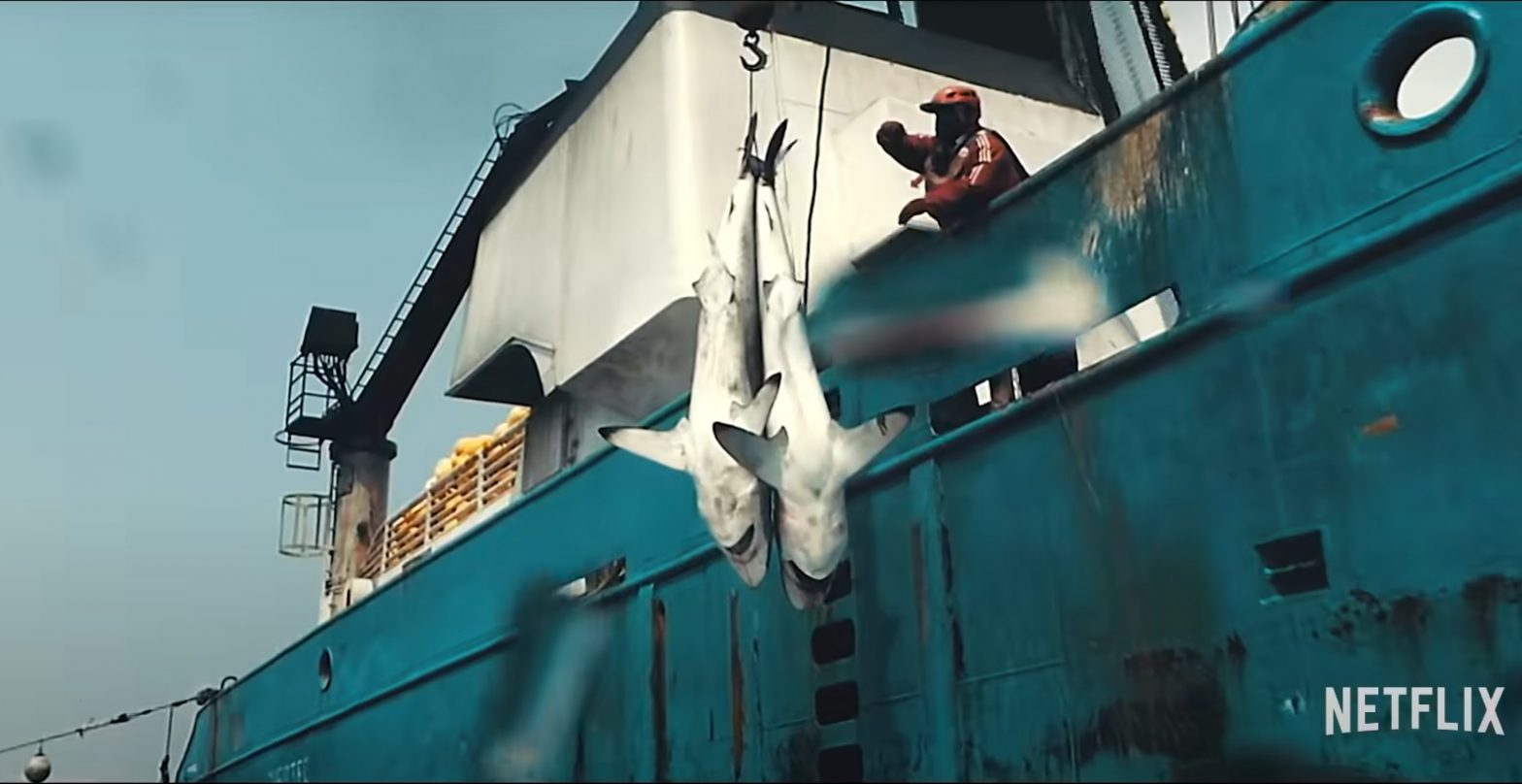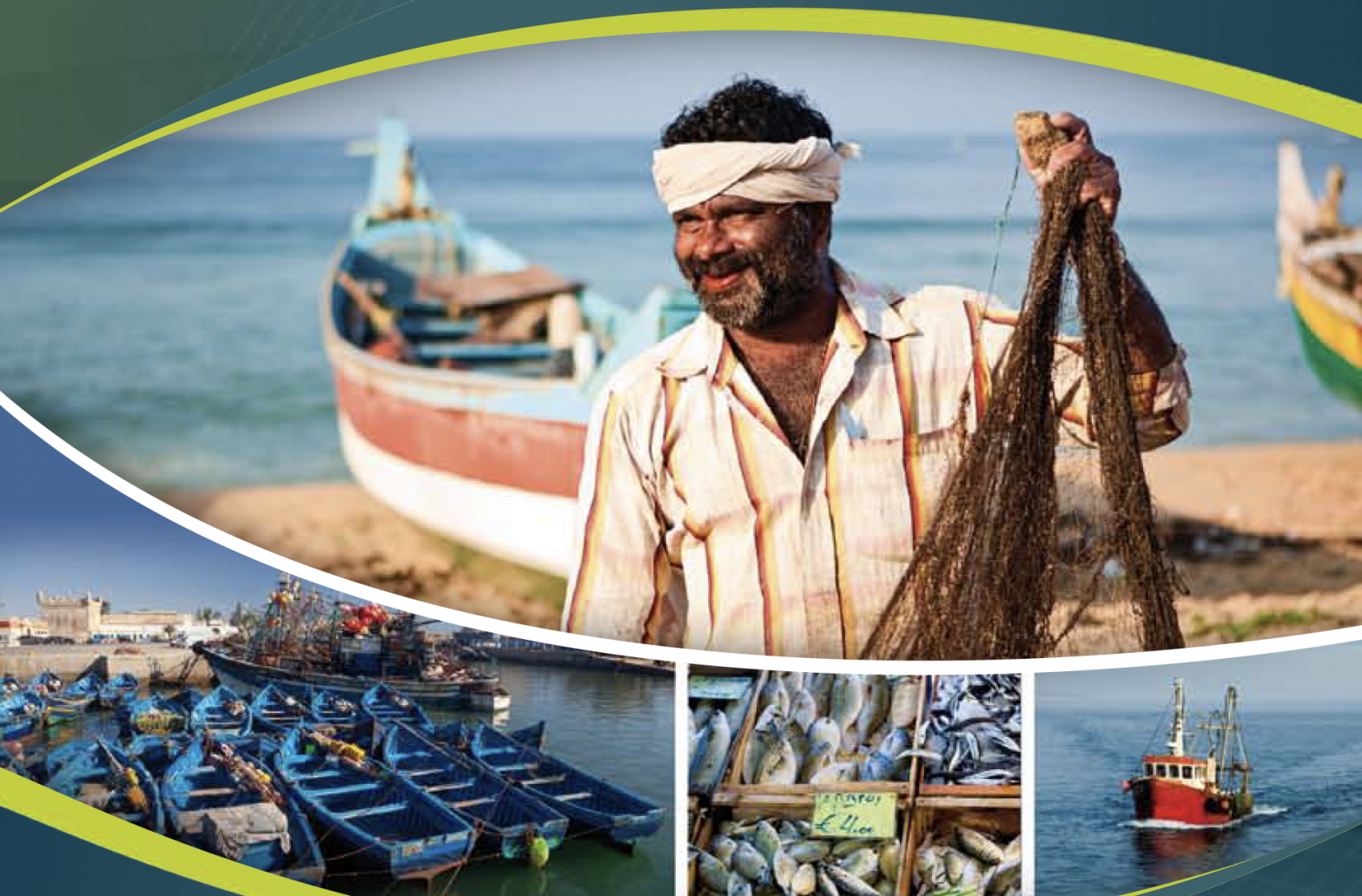2nd February 2024, Jim Lovgren — In a scientific report released in December 2023 by Associate Professor Grace Saba, and Professor Josh Kohut using underwater robots, called “Gliders” to track ocean water quality, specifically, oxygen concentrations and PH levels, the researchers discovered that large areas of the New York Bight suffered a hypoxic event last summer.… Continue reading New Rutgers Study Confirms Hypoxic Event Last Summer off the New Jersey Coast
New Rutgers Study Confirms Hypoxic Event Last Summer off the New Jersey Coast





